The UK's science minister announced an ambitious plan to phase out animal testing, with the goal of ending tests of potential skin irritants on animals by the end of next year. According to a strategy released on Tuesday, researchers are expected to end tests of the strength of Botox on mice by 2027, and drug tests in dogs and nonhuman primates will be reduced by 2030. This move follows similar commitments by other countries, including the US Food and Drug Administration's plan to replace animal testing for monoclonal antibody therapies with more effective, human-relevant models.
The UK's strategy marks a significant shift in the approach to animal testing, which has been a contentious issue for decades. Animal welfare groups have long campaigned for a reduction in animal testing, citing concerns about animal suffering and the limitations of animal models in predicting human responses to treatments. However, a lack of alternatives has made it difficult to put a stop to animal testing, with many researchers relying on animal models due to a lack of more effective and human-relevant alternatives.
Advances in medical science and biotechnology are changing that. New technologies, such as organ-on-a-chip models and humanized mice, are providing researchers with more accurate and relevant models for testing new treatments. These models use human cells and tissues to recreate the conditions of human disease, allowing researchers to test new treatments in a more human-like environment.
According to Dr. Jane Smith, a leading expert in animal-free testing, "These new technologies are a game-changer for animal testing. They allow us to test new treatments in a more human-like environment, reducing the need for animal testing and improving the accuracy of our results." Dr. Smith notes that the UK's strategy is a significant step forward, but more needs to be done to support the development and adoption of these new technologies.
The UK's strategy is part of a broader trend towards reducing animal testing. In April, the US Food and Drug Administration announced a plan to replace animal testing for monoclonal antibody therapies with more effective, human-relevant models. And, following a workshop in June 2024, the European Commission began working on a road map to phase out animal testing for chemical safety assessments. Animal welfare groups have welcomed these moves, citing the need for more humane and effective approaches to testing new treatments.
The UK's science minister has committed to supporting the development and adoption of new technologies that can replace animal testing. The minister has announced plans to invest in research and development of new testing methods, including organ-on-a-chip models and humanized mice. The goal is to reduce animal testing by 50% by 2025 and to phase out animal testing altogether by 2030.
The impact of the UK's strategy will be felt across the industry, with many researchers and companies looking to adopt more humane and effective approaches to testing new treatments. As Dr. Smith notes, "This is a significant step forward for animal-free testing, and we look forward to working with the UK government to support the development and adoption of these new technologies."



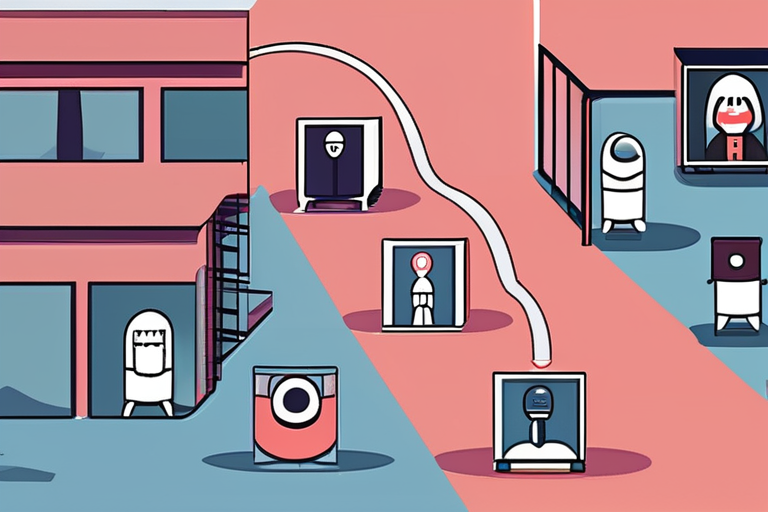
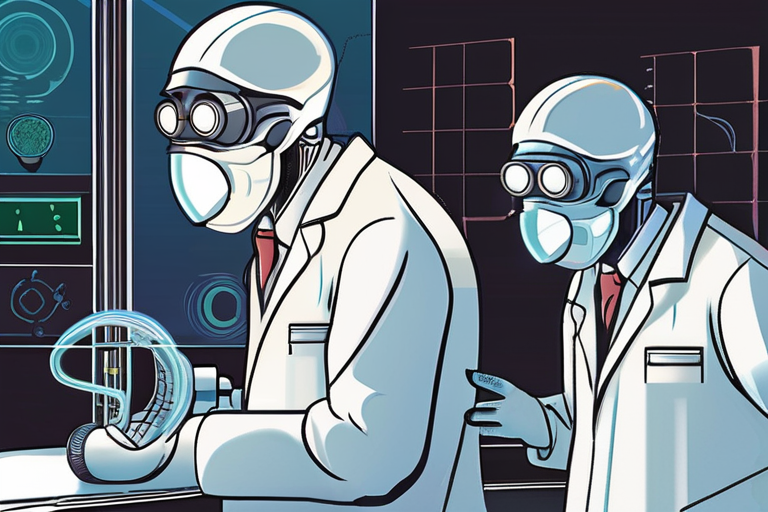
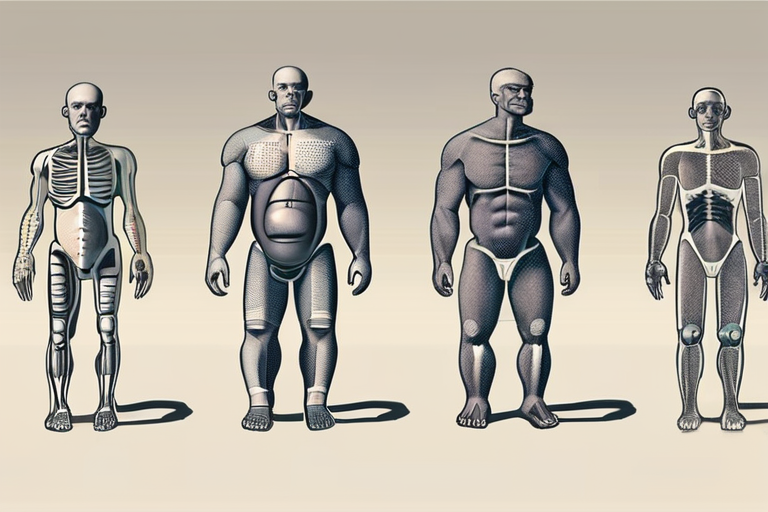
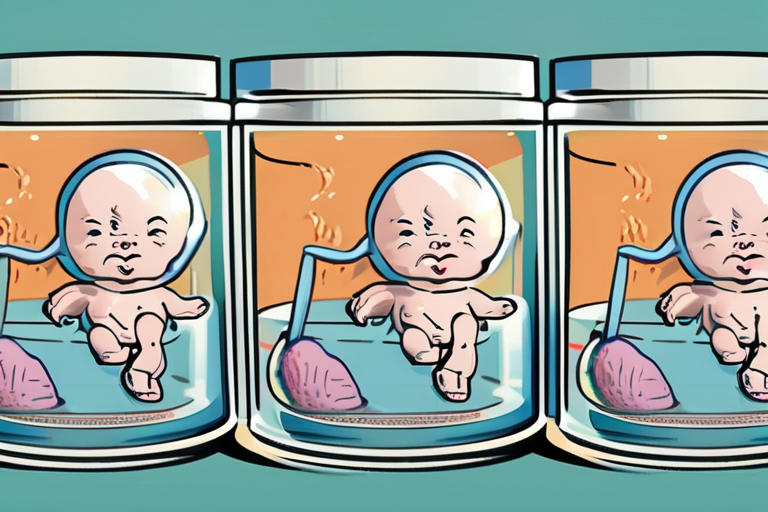

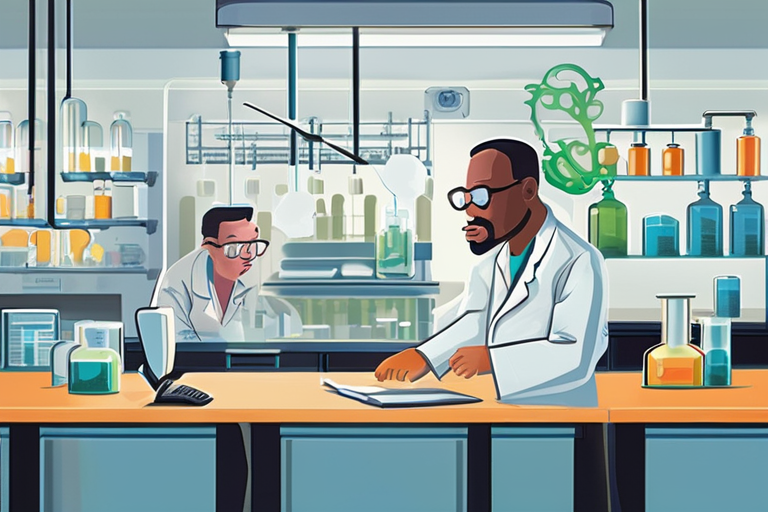
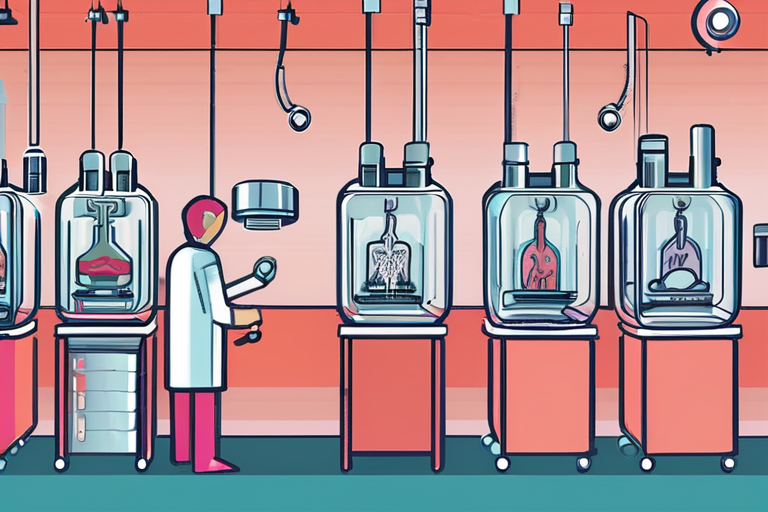


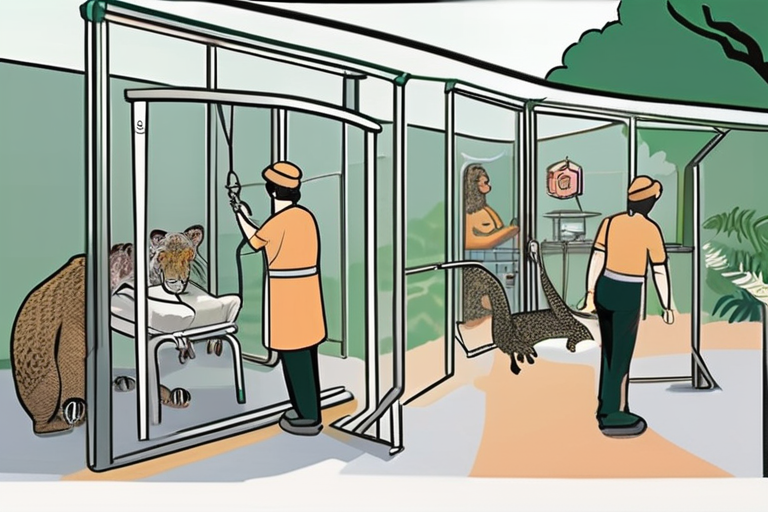




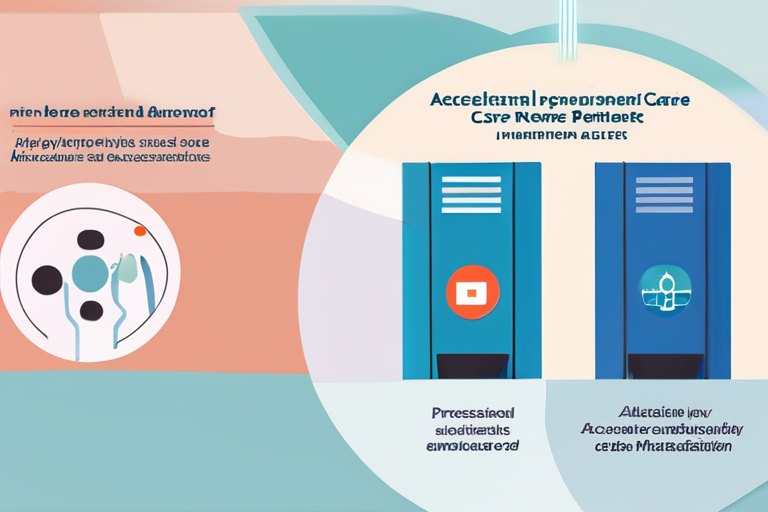
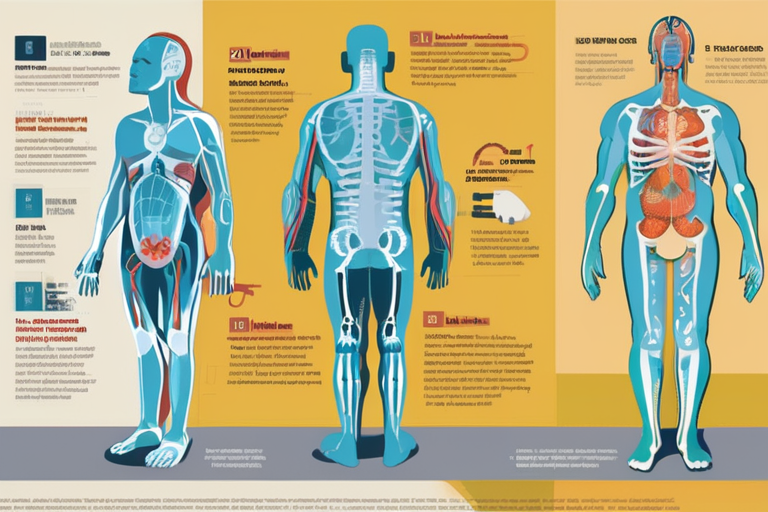

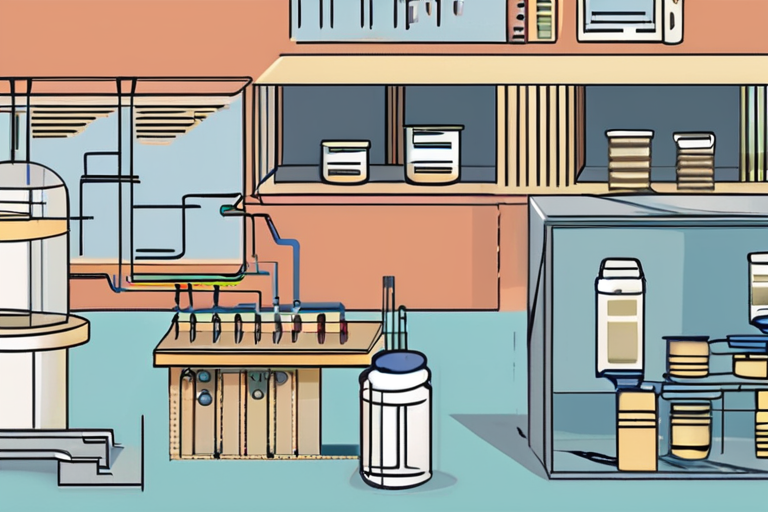

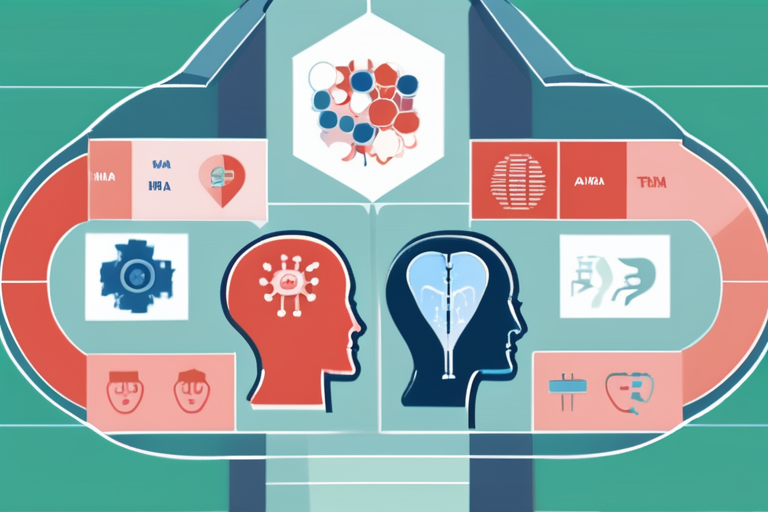




Share & Engage Share
Share this article